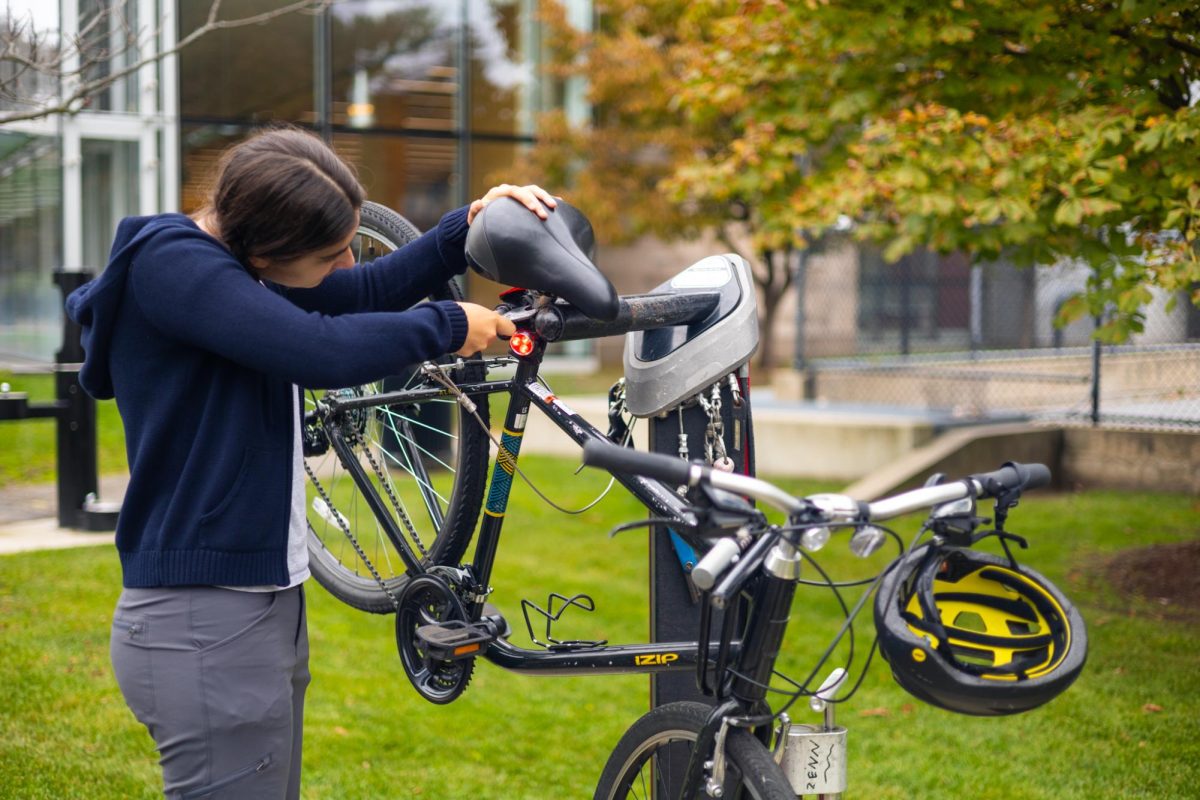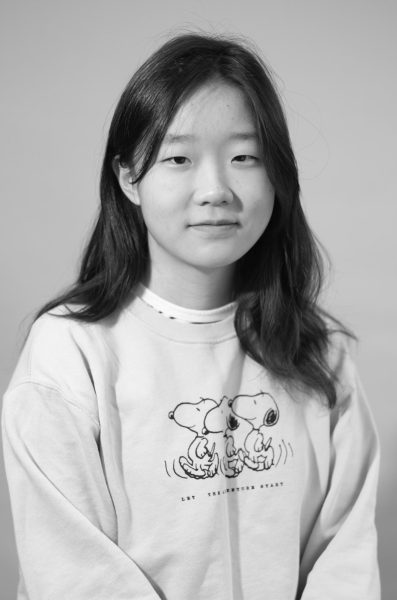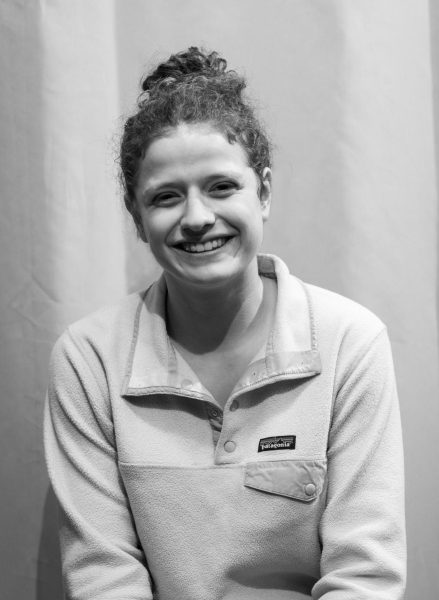In September, the city of Cambridge initiated its tenth cycle of Participatory Budgeting, marking its eighth calendar year of use in Cambridge since it was first introduced in October 2014.
Participatory Budgeting (PB) is a democratic system where residents of a precinct form ideas and vote for the management of a set public budget. This year’s budget of 2 million dollars exceeds past records, doubling last year’s budget of 1 million. This gives residents plenty of freedom and power to create several projects to improve life in Cambridge.
First, residents submit ideas for projects, which are then collected and sorted into categories. The most popular and recurring ideas are put up for vote, and the winning projects are funded and implemented in the community. PB is considered a type of citizen sourcing, a practice used by governments to incorporate more citizen proposals into city designs, which minimizes the feeling of disengagement from citizens by boosting their involvement.
Emilio Franco-Parisi ’27 told the Register Forum, “I think it’s a good way to express the opinions of citizens and get smaller projects done in the city… It helps a lot in community spaces.”
The practice first began in 1989 in Porto Alegre, Brazil, and is often credited with having led to the strengthening of its government, as well as the source of improved infrastructure in poorer parts of the city. Since then, several cities across the world have come to adopt PB into their government. Melissa Liu, a PB specialist for Cambridge, told the Register Forum, “From start to finish, the ideas in the PB process come straight from the Cambridge community, which allows us to create solutions to problems felt directly by Cambridge residents. With the participatory nature of PB, we also wish to instill a deeper and stronger sense of participatory democracy in Cambridge.”
Additionally, PB is designed with the goal of encouraging younger demographics to play a more active role in civic action. Here in Cambridge, the minimum age requirement to vote for PB is 12 years old, a stark contrast to voting systems which require participants to be 18.
Caroline Finn ’24 told the Register Forum, “I think it’s good because it gives younger people an opportunity to have an impact in politics and in the city… A big part of Cambridge is incorporating parks and bike lanes and outdoor environments into the city life, and I think that it’s important for younger people who are using those things to have a voice and say in that.”
Although the process for submitting ideas ended on October 9th, anyone who is interested in PB can still participate in the voting process, which will start in March 2024. Any Cambridge resident over the age of 12, or currently in the 6th grade, is encouraged to participate regardless of citizenship status. Each voter will be given 20 final projects to choose from, and a maximum of five votes to choose what best fits the needs of the community. Participants can vote online using an access code distributed through text or can vote through in-person ballots around Cambridge.
This article also appears in our October 2023 print edition.















